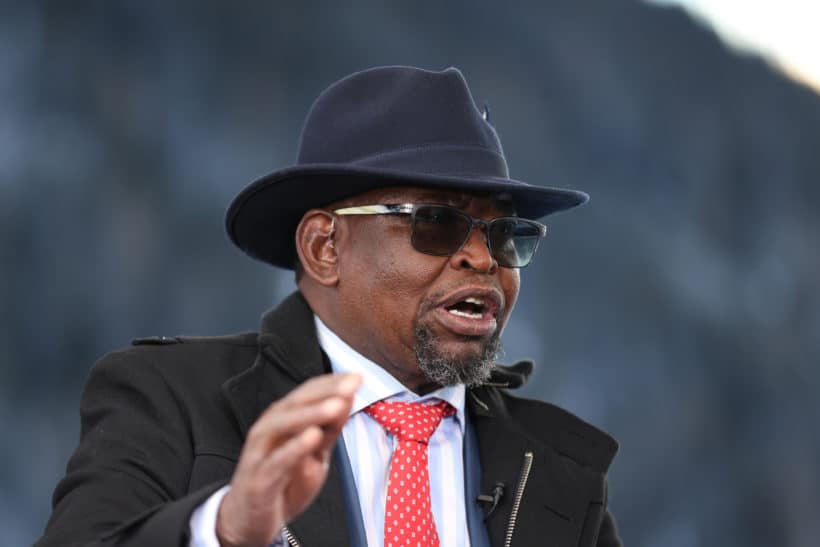
South Africa’s Finance Minister, Enoch Godongwana says resolving the country’s energy crisis demands urgency but questioned whether a declaring a state of emergency is the appropriate instrument to use.
Speaking on the sidelines of the World Economic Forum underway in Davos Switzerland, Godongwana said he had heard suggestions that declaring a state of emergency could give the government the resources it needs to tackle the amplified power shortages.
But he questioned what impact this would have in keeping the lights on.
“I’ve heard about the State of Emergency. I don’t know what effect it will have if you declare a state of emergency. Will it make sure that you can have power to the grid or how it will work,” he told CNBC Africa’s Closing Bell show.
South Africa has experienced power cuts, known locally as load-shedding, every day since the new year began. This follows record power deficits in 2022 as a result of frequent breakdowns of its aging and poorly maintained power plants.
President Cyril Ramaphosa last night canceled attending this year’s World Economic Forum meetings, saying he needed to attend to the worsening power crisis at home. The National Treasury is due to announce further details at next month on government plans to take over a portion of Eskom’s R396.8bn debt as of December 2022.
The Minister said Treasury was waiting for the recent tariff announcement by the National Energy Regulator of South Africa (NERSA) before making a final determination on how much of Eskom’s debt would be brought on the state’s balance sheet.
“Among the variables, we needed to take into account is Nersa’s determination (on tariffs) because it will impact on Eskom’s cashflows moving forward and would also impact on the quantum of the debt that the state will have to take. That variable now has come through.”
Nersa approved a tariff increase of 18.65% for the 2022/23 financial year and 12.74% for the 2023/24 financial year. Eskom had sought an increase of 32%
Godongwana is due to deliver the main budget on February 22.

